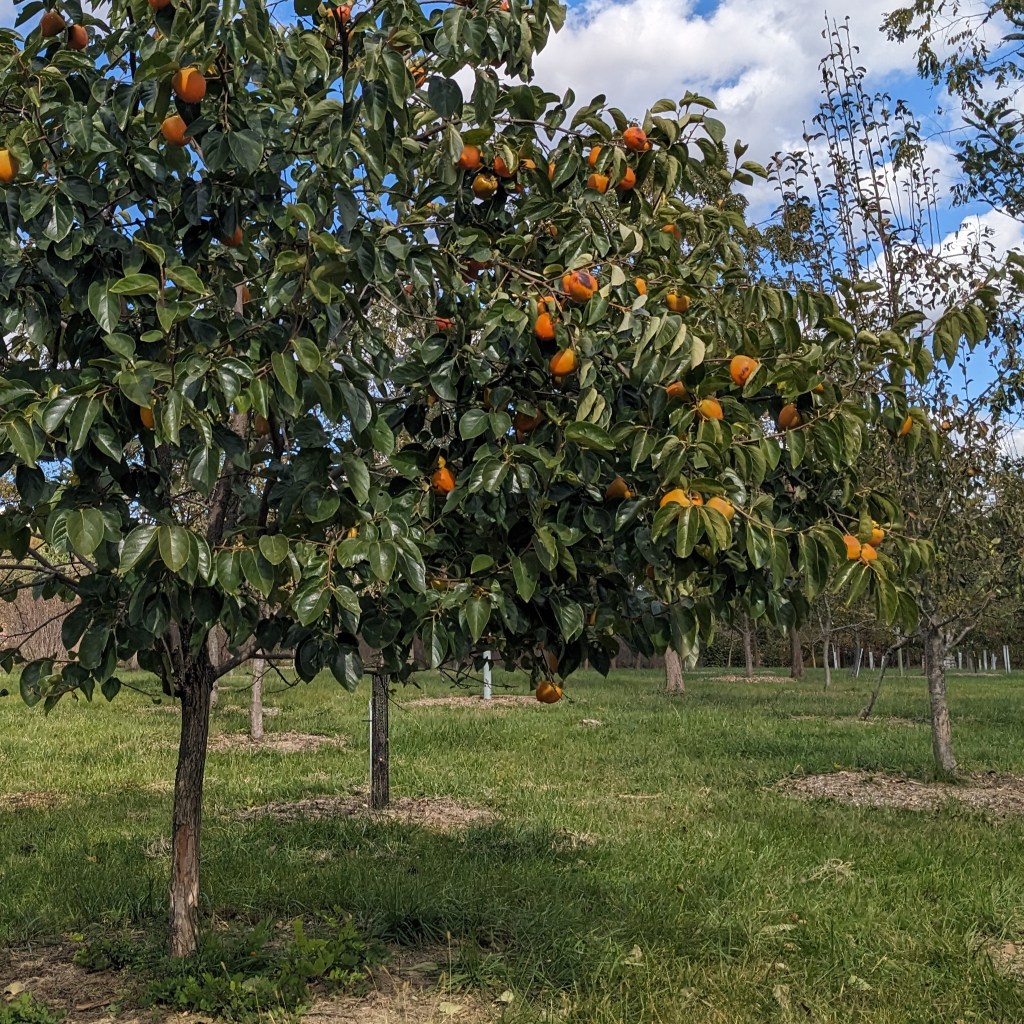Come join us for our 11th annual permaculture design course at Hundred Fruit Farm! The permaculture design course, or PDC, is an intensive 72-hour internationally recognized permaculture certification. It’s designed to give participants the inspiration and knowledge they need to make a positive change in the world, needed now more than ever. It will give you the skills necessary to design your home/yard/landscape into an ecologically-resilient edible system, and for some, it could be the first stepping stone to a permaculture career in design, education, consulting, or regenerative farming.
This course will be offered as a weekend course designed for local residents who don’t have time to take an intensive (and expensive) two-week PDC. This course will be mostly classroom-based but will also include hands-on components. It will go through the basics of permaculture design relating to different climates, energy, natural building, the global climate, social systems, and more.
Learn more and sign up at our Heartnut Permaculture site!
